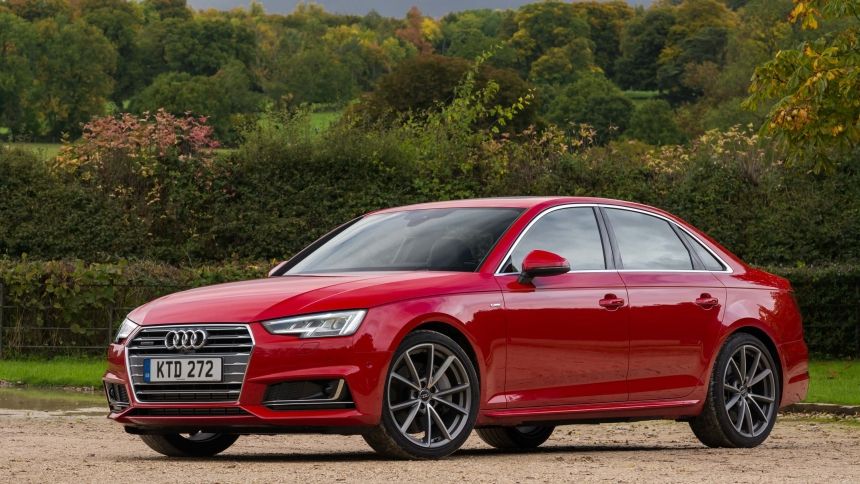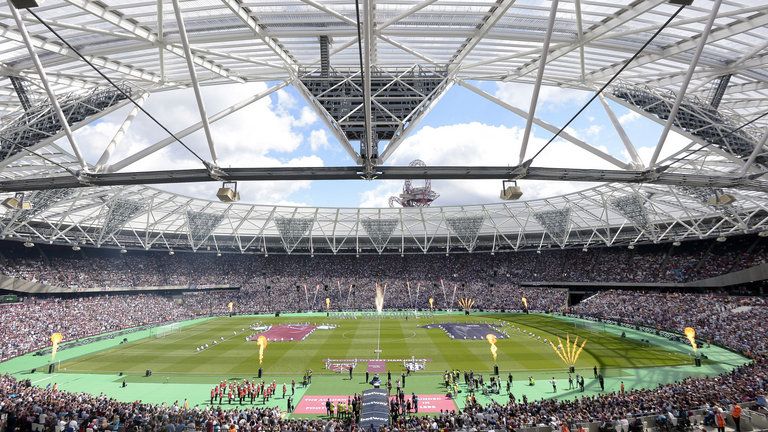Imagine waking up one day and being told:
“Every second you’re awake, you can spend £50.”
What would you spend it on?
If you’re like me, your first thought would be food. That’s a seriously fancy order delivered to your door – a full meal for you and a partner. But maybe the first order wasn’t quite up to scratch, so you try somewhere else: a dessert place this time. (Hey, you can afford a personal trainer now!)

Many people would start paying off their bills. Five seconds more, and this month’s electricity, gas, water, phone and internet bills (plus TV license!) are all paid in full (£250).
A big grocery shop to fill the cupboards (£100), and another couple of seconds elapse. Booking a day trip to the nearest spa to celebrate (£200, 4s); thirteen seconds in total have passed.

Go ahead and get a bottle of wine in. Waiting just five seconds gets some premium booze (£250). And bring some friends round – a couple more seconds and all their taxi fares are covered.
Let’s set our sights a bit higher. On average, people in the UK have £15,400 in debt. That’s a genuinely huge amount of money that causes people untold amounts of stress. Perhaps we’ll have to wait overnight for that to be paid off? No, actually– it’ll take a little over 5 minutes.
Debt-free and well-fed, with great company for the evening, and full cupboards: we’ve spent under five and a half minutes so far.
To make it up to six minutes, we can pay our £1k rent for the month (20 seconds); all our travel costs for the month (£230 for a monthly zones 1-5 travelcard, or 5 seconds); another big shop (£100, 2 seconds); and spend the remaining 9 seconds (£450) on a whole new wardrobe.

Short-term needs (and some desires) fulfilled – after just 6 minutes – a lot of people start thinking about the medium term. Waiting another minute covers the next year of travel (£2400, 48s, rounded up for £600 extra out-of-London). Another four minutes, and the next year’s rent (£12k, 4m) is paid. After another minute, all bills for the next year (£200x12=£2400) are sorted too. Fourteen minutes after waking up, you can safely afford food for the whole year.
At this point, your quality of life is roughly the same – but you don’t have to worry about food, rent, bills or travel costs any more for the next year. If the money stopped flowing now, you’d still be able to quit your job and spend your time with friends, working on personal projects, creating art and learning. In real terms, you’ve been given £42,000, or a fairly high big-city salary after tax, all in the first 14 minutes.
A car is often the next big purchase people consider making. Especially outside of London, it can help immensely with employability and care of relatives, as well as just freedom to explore. Spending £30k for a new car will get you a nice Audi or Mini, and you’ll only have to wait 10 more minutes for it.

So why not wait a little longer? Waiting an hour and a quarter, you could bag a brand-new Lamborghini – the 2020 Huracán Evo Spyder. And I’d be lying if I said I knew anything about what justifies its $290k price tag.

But this is a huge purchase for someone who lives in a pretty modest flat. Waiting 6 more hours (with bated breath), you can outright buy this luxury London apartment for £1m:

Or if you decided to move outside London, this sprawling countryside mansion for nearly the same amount (and you’d have £50k left over for a third car, too):

It’s been a hell of a day. If you woke up at 8:00am, you’d have been debt-free and comfortable by 8:06am; and fully paid-up for the next year’s expenses by 8:14am.
By 8:24am, you’d have a brand new car.
By 9:39am, you’d have a 2020 supercar which would turn heads anywhere in the world. (Let's call it 10:00 – just to get all the comfy extras.)
And by four in the afternoon, you’d have signed the deeds on a countryside mansion, or a luxury London penthouse – your choice. (If you waited till 10 in the evening, you could comfortably have both.)
Let’s say you were more charitably inclined, though. Instead of going for the second house, you could choose to fund a charity.
GiveWell recommends the Malaria Consortium’s “seasonal malaria chemoprevention” programme, and has verified that it’s capable of absorbing up to $66MM in funds. It estimates that the cost of covering one person for four months of its treatment programme is roughly £5.36 – that’d be nine people every second, with your newfound wealth.
Putting just a couple of hours into this programme could effectively protect sixty-seven THOUSAND people from malaria. That’s a huge number to comprehend, but in West Ham’s new stadium it’d look like this:

(plus a big crowd of a few thousand waiting outside!)
It’s 7:00pm, and you’ve already saved the lives of countless tens of thousands of people you’ve never met. It’s easy to feel like you’ve done more than enough – after all, you didn’t have to give anything to charity.
We’ve been making some fairly large purchases, so it’s worth remembering just how fast the money is flowing in. In the sixty seconds from 7:00 to 7:01, you could buy:
- Another fancy meal for two, delivered to your door;
- Each current-generation games console (PS4, Switch, and Xbox One);
- A night out in a posh London cocktail bar;
- A Deluxe King room at the Savoy hotel;
- £200 in premium skincare products;
and still have nearly £100 left over to idly rip up as you start to wonder how you’re going to spend the rest of the cash. All in the space of a single minute.
From then until the end of the night, you’d accumulate £897k – enough for this ten-cabin mahogany sailing ship.


Over the course of the day, it’s become clear that you have no reasonable way of spending the money you’ve been given. Your quality of life has been irrevocably changed: food, bills, and other incidental costs are now meaninglessly small amounts of money for you. It’s likely that you’ll have stopped thinking about money in units any smaller than £3000, which you accumulate in exactly 60 seconds. You’ll consider employing people just to advise you on how to spend your money, or to manage the cars and properties you’ll likely never spend much time with.
In total, you’ve been given £2.88 million for your first day.
The richest man in the world as of 15/11/19 is Bill Gates, with $110B (or around £85 billion). Widely acclaimed for his philanthropy, Gates’ fortune has nevertheless grown by £16B since last year, even taking into account his charitable donations.
For Gates, the thought experiment above is a reality – not just for one day, but for every day of the rest of his life. Even if his net worth never grew again, he could spend this amount of money every day – new stadiums full of people saved from malaria, new sports cars, new exotic homes – without seeing a dent.
In fact, if this spending went on for eighty years, he’d still comfortably be a billionaire.
The argument against higher taxes on the ultra-wealthy often goes that people have worked hard for what they have; that they’re just reaping the rewards of waking up early and “hustling” for decades. This argument relies on a lack of understanding of the true scale of billions of pounds, and insults the genuine working class who can often barely afford to pay their rent after long shifts in hazardous conditions.
While there are faintly more credible economic arguments regarding “job creation”, it seems clear that the supposed ”incentive” is too great – that simply having wealth on such a vast scale is an immoral act. Even despite Gates’ charitable contributions, his personal net worth increased by $19B over the last year: enough for another eighteen years of the unimaginable spending detailed above.
Whatever the case, it’s worth remembering this rule of thumb: each billion pounds is nearly a full year of new supercars, mansions, boats, and more – every single day. If that isn’t worth redistributing, I’m not sure what is.
